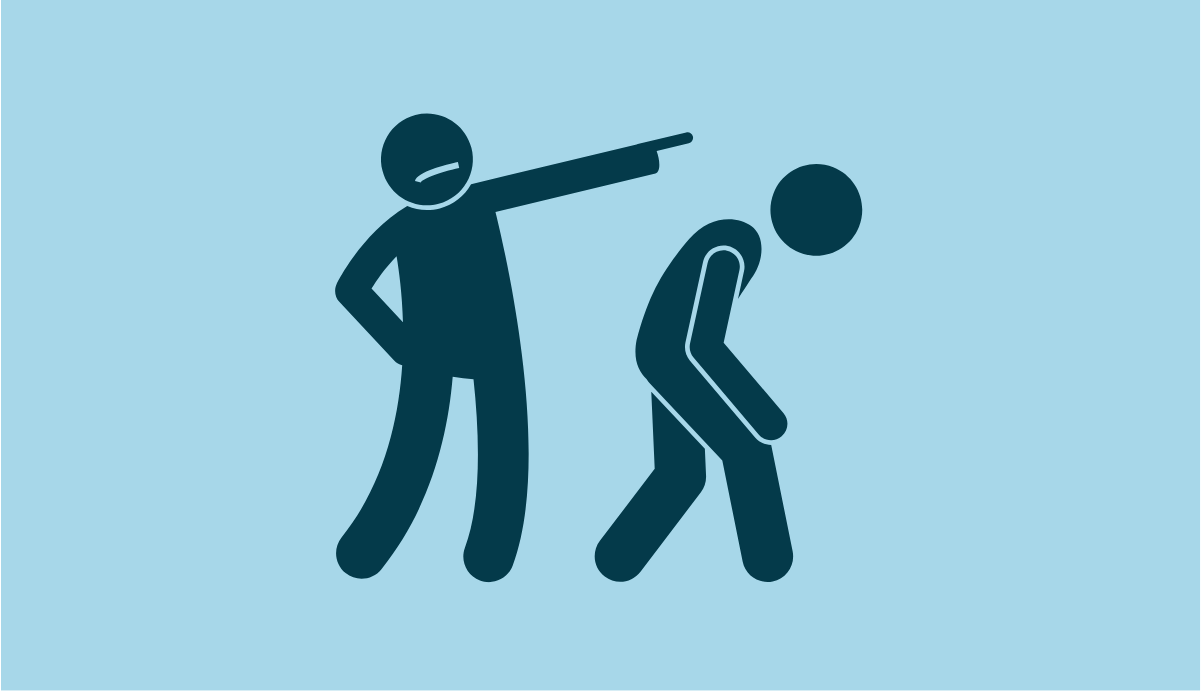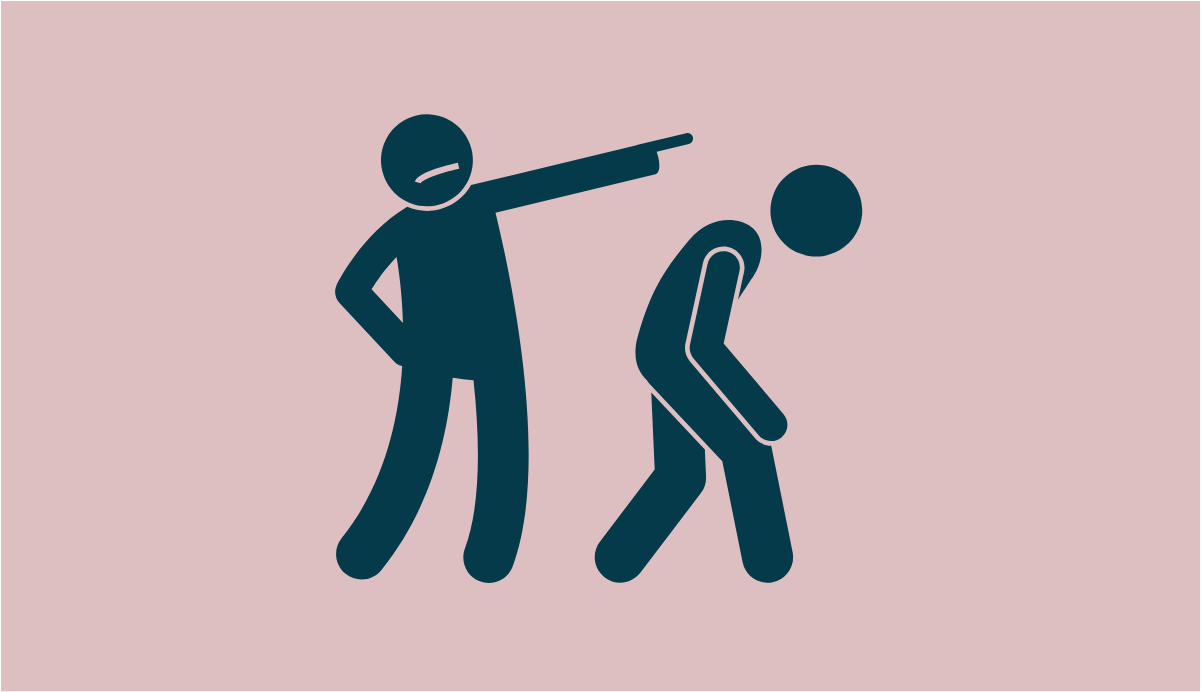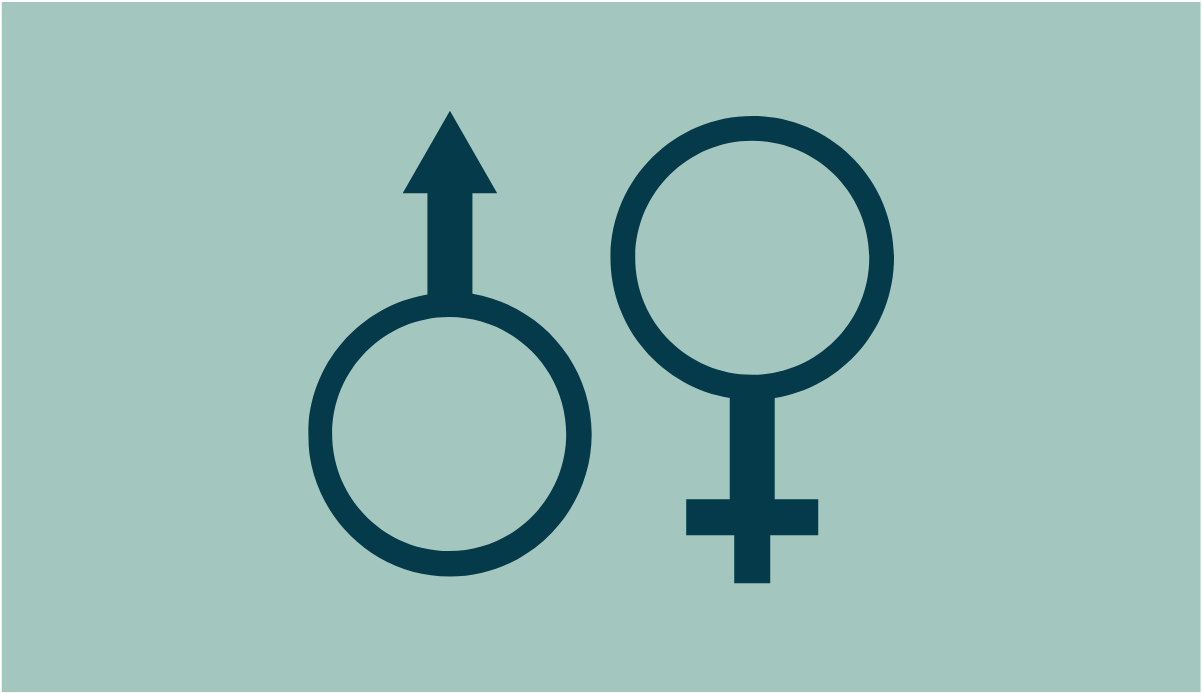Essential Employment Law Cases
Sometimes you need a deep-dive into the most significant cases in employment law. Below you will find an in-depth review of seminal court decisions to help you with your research.
Essentials: The Bardal Factors
Bardal v Globe & Mail is one of the most cited, and arguably one of the most fundamental, cases in employment law. It established a list of factors to be considered when determining how much common law notice an employee is entitled to when their employment comes to an end.
Essentials: Duty of Honesty in the Performance of Contracts
In Bhasin v Hrynew the Supreme Court of Canada established that parties have a duty of honesty in performing contractual obligations.
Essentials: Unjust Dismissal
In Wilson v. Atomic Energy, 2016 SCC 29 the Supreme Court of Canada decided that non-unionized, federally regulated employees are statutorily protected from being dismissed without cause. A reasonable notice period or pay-in-lieu of notice does not justify an otherwise unjust dismissal.
Essentials: Contract Law and Employment Standards Minimums
The termination clause in an employment contract is the clause most often argued over once an employment relationship comes to an end. In Machtinger v HOJ Industries Ltd. the Supreme Court of Canada considered the consequences of a termination provision which failed to comply with the Ontario Employment Standards Act.
Essentials: Dishonesty and Just Cause
An employer can dismiss an employee without notice or payment in lieu of notice (i.e. for just cause) where the employee has engaged in very serious misconduct. In McKinley v BC Tel the Supreme Court of Canada considered whether dishonesty can be grounds for just cause.
Essentials: Constructive Dismissal
Constructive dismissal cases are some of the more complex cases in employment law. In Potter v New Brunswick Legal Aid Services Commission the Supreme Court of Canada confirmed the legal framework for constructive dismissal and applied the framework within the context of a lengthy paid administrative suspension.
Essentials: Political Belief Discrimination
An employee who expresses a political view has a right to be free from discrimination at work and to express unpopular opinions or use strategies that are not polite. But there are limits to this free speech.
Where an employee steps over the line of acceptable advocacy, appropriate discipline may be justified, considering the individual’s role and the nature and degree of visibility of their expression.
Essentials: Employer’s Duty to Accommodate Breastfeeding
Having a child is an exciting time, and comes with new challenges and commitments, including the decision to breast/chest feed or not.
This raises the question of whether an employer has a duty to accommodate a breast/chest feeding employee, and if yes, to what extent. The federal cases of Cole v Bell Canada, 2007 CHRT 7 and Flatt v Canada (Attorney General), 2015 FCA 250 explore this issue, looking at similar principles, but coming to different results.








